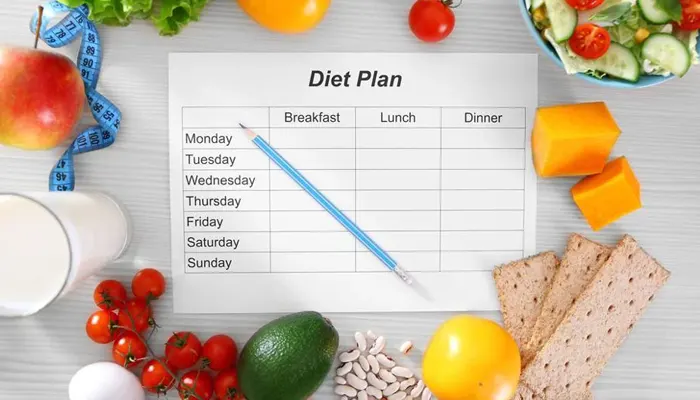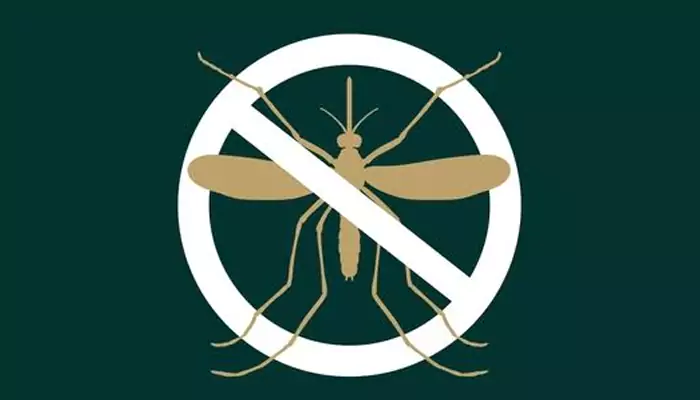Ayurveda Aaj - Vata, Pitta, Kapha: The Ayurvedic Path to Personalized Health
- Soham Halder
- 1 year ago
- 4 minutes read

Ayurveda, one of the oldest forms of holistic medicine, focuses on physical, psychological, as well as spiritual health.
Ayurveda, which translates into English language as “the science of life”, states that any person’s dosha or dynamic principle actually determine the overall health and personality. In this article, we will discuss about those three ‘dosha’ categorised in Ayurveda for better lifestyle.
The Concept of 5 Elements & 3 Doshas:
According to Ayurvedic method, the world is composed of 5 elements such as aakash (space), jala (water), prithvi (earth), teja (fire), and vayu (air). The combination of these elements result into 3 humors or doshas named Vata, Kapha, and Pitta. Every person is believed to have a unique ratio of each dosha which is a blueprint to attain optimal health condition. Following is a broad overview of each dosha.

Vata Dosha:
Described as ‘cold, light, dry, rough, flowing, and spacious’, Vata Dosha combines air and space. People with this dosha are generally labelled as slim, energetic as well as creative. Although appreciated for their ability to think outside the box, they become distracted easily. It's written in ayurveda that, their mood is dependent on the surrounding weather, people and foods. Autumn is the season for Vata Dosha.
Strengths: They are quick learner, multitasker, creative, flexible and tender-hearted, as per ayurvedic principles.
Weaknesses: People with Vata Dosha are forgetful and anxious. They are categorised as highly sensitive to the cold weather with trouble sleeping. Irregular eating patterns cause digestive issues in them.
(Credit - Insta/@drshreejit)
Foods to Eat: People with Vata Dosha should consume warm, moist, and soft items like bananas, peaches, berries. Apart from that, cooked vegetables, brown rice, eggs, dairy and lean meat should also be in their diet.
Foods to Avoid: Raw vegetables, dried fruits, cold desserts.
Suggestions: A vata-dominant person should manage stress through meditation and maintain a warm body temperature, as per Ayurveda.
Kapha Dosha:
Combining earth and water, people with Kapha Dosha are described as “steady, stable, heavy, slow, cold, and soft”, in ayurveda. Spring is known as kapha season, as many parts of the world slowly exit hibernation. Kapha-dominant people think before any action. They are thought as strong and thick-boned
Strengths: Caring, empathetic, trustworthy, patient, wise, happy, romantic with strong bones and healthy immunity.
(Credit - Insta/@sukham_yogashala)
Weaknesses: They are prone to weight gain due to slow metabolism and over-sleeping. Breathing issues like asthma and allergies alongside higher heart disease risks are observed. They need daily dose of motivation and encouragement to avoid depression.
Foods to Eat: Most fruits, vegetables, whole grains, low fat cheese, eggs, and hot spices.
Foods to Avoid: Processed food items and fatty foods
Suggestions: A kapha-dominant person should perform regular exercise and maintain a healthy diet while focusing on healthy sleep routine.
Pitta Dosha:
Combined with fire and water, Pitta dosha is believed to provide tenacious personality. In Ayurveda, Pitta dosha is mentioned as “hot, light, sharp, oily, liquid, and mobile”. Summer is known as pitta season. They are athletic and highly motivated.
Strengths: They are intelligent, purposeful, quick learner, self-determined, skillful, determined, strong, and natural leaders. Physiologically, they possess quick metabolism with good circulation and healthy skin.
Weaknesses: They have a bad reputation of being impatient, conflict-prone and suffering from mood swings when hungry. They are sensitive to hot temperatures.
(Credit - Insta/@thesassyvaidya)
Foods to Consume: light, cold and energizing foods like fruits, non-starchy vegetables, and eggs.
Foods to Avoid: Hot and spicy dishes.
Suggestions: People with pitta-dominant dosha should avoid extreme heat be it weather or food.
Ayurveda states every person falls under one of the three main dosha types based on body type, personality, and sensitivities. Despite lack of scientific data, incorporating these habits can be a great way to promote good health.












